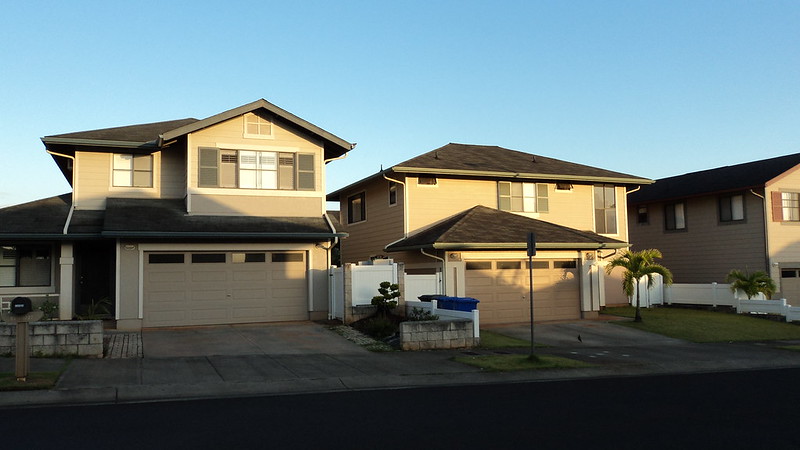
The PLAN Act and Its Un-Planned Negative Consequences on American Families
By: Bethany Patterson
The internet has been the ultimate disruptor, changing the way we get information, purchase items, communicate with each other and even travel. With short-term rental sites, regular Americans are using their homes to earn extra money.
These platforms empower people across the country to transform their unused rooms or empty homes into supplemental income. In 2018 alone, people in rural states earned $316 million through hosting on Airbnb, one of the most popular short-term rental platforms. The same year, the average Airbnb host in Washington, D.C. made approximately $10,000.
This money goes a long way, helping families pay their mortgages and make ends meet. So why would Congress want to place unnecessary restrictions on these innovative platforms?
In September, Congressman Ed Case (D-HI-1) introduced the Protecting Local Authority and Neighborhoods (PLAN) Act. The bill amends Section 230 of the Communications Decency Act, so that states and cities can hold short-term rental platforms liable for local laws.
Short-term rental sites like Airbnb are platforms that share homeowners’ spaces, not companies that list their own properties. Under Section 230, these platforms are not viewed as publishers of this user-generated content and are able to edit and block material without being held liable. This empowers Airbnb to remove listings and posts that do not meet its community standards, keeping its users safe without opening itself up to liability.
Under the PLAN Act, Airbnb would no longer be treated as a platform. Cities would go after rental sites for code violations, rather than the hosts themselves — even though these platforms do not own the homes. It essentially makes these sites responsible for enforcing all the local ordinances and state laws of the places they operate in — a draining, unsustainable and very likely impossible feat.
Airbnb has a history of working with cities to enforce their laws and remit taxes. For example, it has partnered with Chicago to help hosts register their rentals with the city, helping the city enforce its regulations.
By holding platforms like Airbnb liable for city and state laws, Congress could be hurting Americans’ ability to earn some extra cash with their homes. If a city were too demanding or had confusing rules, Airbnb could shut down its operations there to shield itself from unnecessary headaches, cutting off residents’ ability to make more money.
The bill also negatively impacts innovation, preventing similar platforms from springing up. With the rise of international short-term rental sites, such as Chinese-owned platforms Xiaozhu and Tujia, we cannot afford to knee-cap our successful American companies.
Short-term rental platforms have benefited thousands of people’s lives by empowering them to turn their home — often an individual’s largest expense — into supplemental income. Local authorities have every right to go after renters to enforce laws, even if they are unnecessarily cumbersome. But holding a platform composed of user-generated content liable to a myriad of local ordinances is shooting over the mark and would have negative consequences on thousands of families’ wallets.
Photo credit: leah_hana (Flickr)